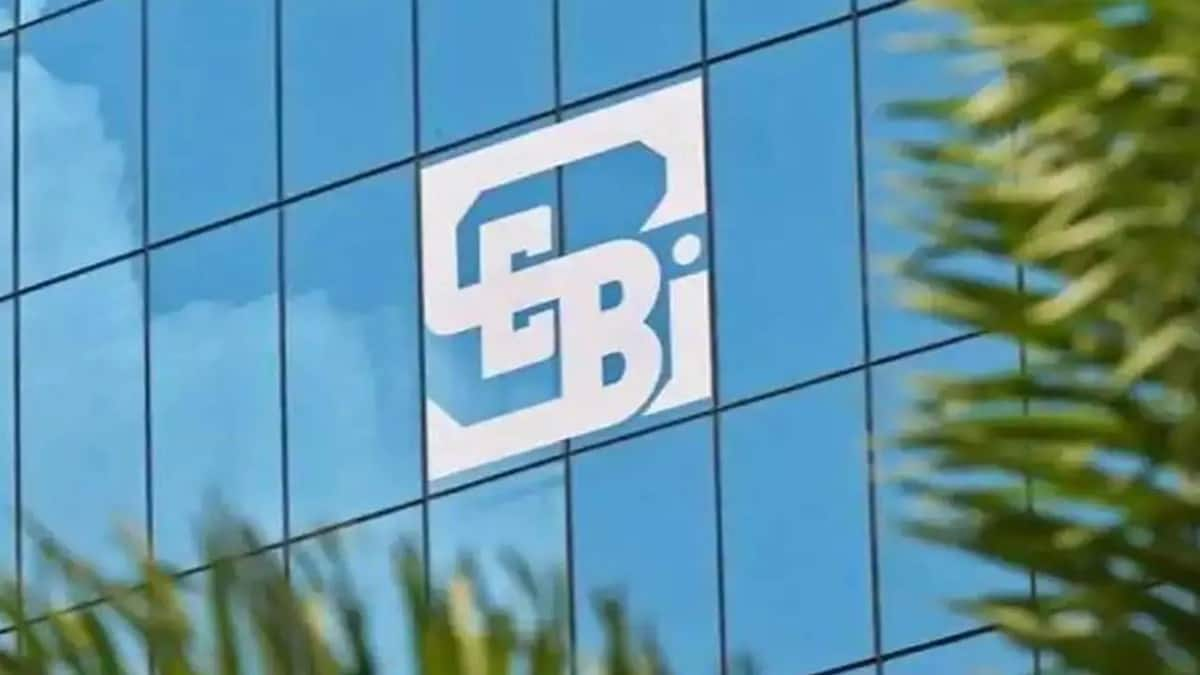Noida International Airport welcomes TajSATS to develop In-Flight kitchen facility; Here’s how culinary excellence will be achieved
TajSATS, a prominent inflight catering company, finalized an agreement on Thursday to establish an in-flight kitchen facility at the soon-to-be-opened Noida International Airport (NIA).
Under the terms of this agreement, TajSATS will construct and operate the in-flight kitchen facility using a Design, Finance, Build, Operate, and Transfer (DBFOT) model for a period of 37 years. This comprehensive mandate will include a range of services, including passenger and crew meal services, the management of in-flight catering equipment, as well as the loading and unloading of meals.
Development of In-Flight Kitchen Facility at Noida Airport
Situated strategically within the airport premises, the state-of-the-art kitchen facility will span an impressive 40,000 square feet and have the capacity to serve over 15,000 meals daily in its initial phase. Moreover, this facility will extend its services to the airport’s lounge facilities and the various food and beverage outlets within the airport and its vicinity.
With this addition, TajSATS will boast a total of nine production facilities in India, reinforcing its position in the industry.
Christoph Schnellmann, CEO of Noida International Airport, emphasized that this partnership represents a significant milestone in delivering a modern, customer-focused culinary experience. Schnellmann believes that meals are an essential component of an exceptional in-flight and airport experience. TajSATS’ extensive experience in serving numerous airports aligns seamlessly with NIA’s commitment to offering a world-class experience to its passengers.
TajSATS Air Catering Ltd is a joint venture between The Indian Hotels Company Limited (IHCL) and SATS Ltd. With over four decades of experience in airline catering and a strong presence in commercial catering, the company currently provides in-flight catering services at major airports in Mumbai, Delhi, Chennai, Kolkata, Amritsar, Goa, and Bangalore.
(With PTI Inputs)


Recent Comments